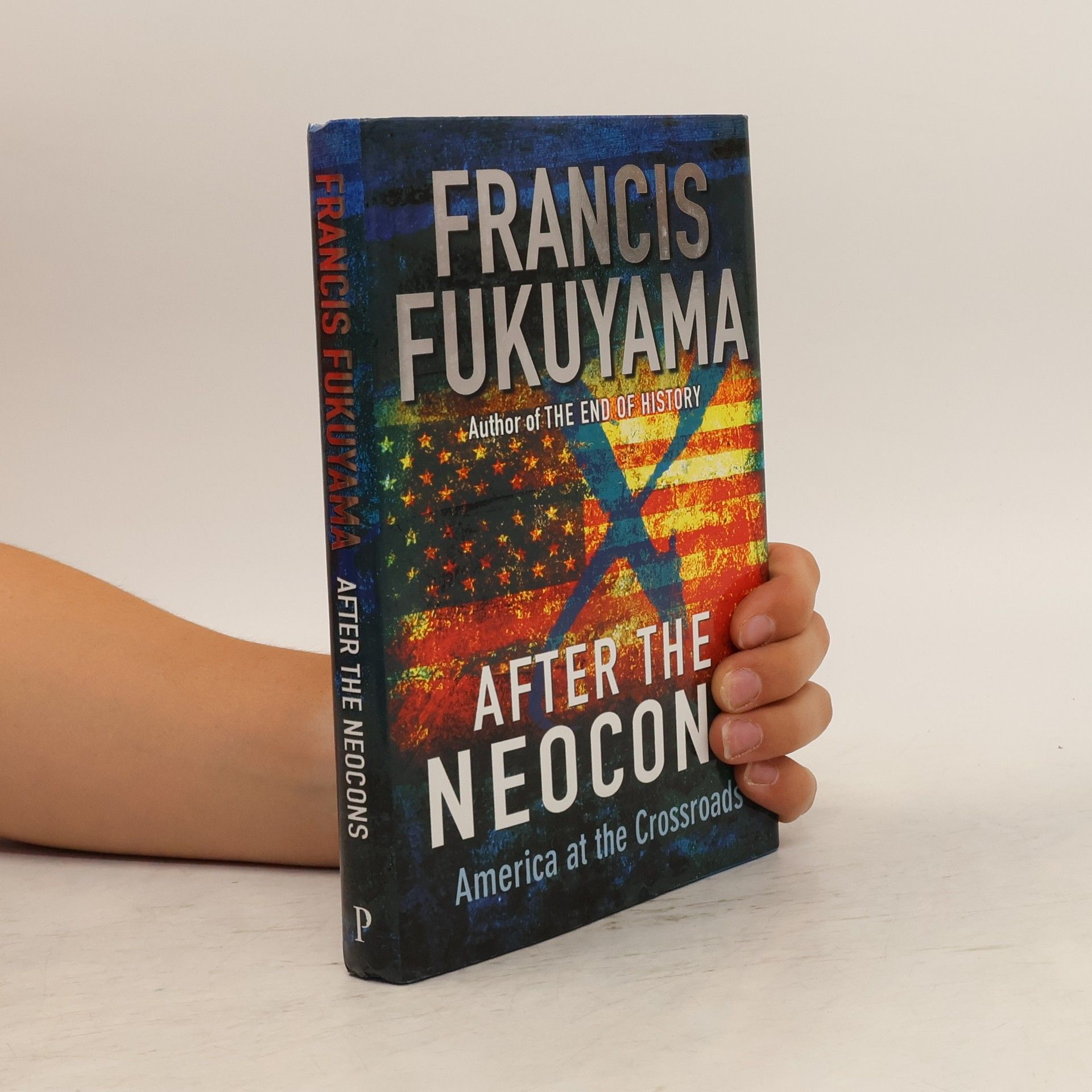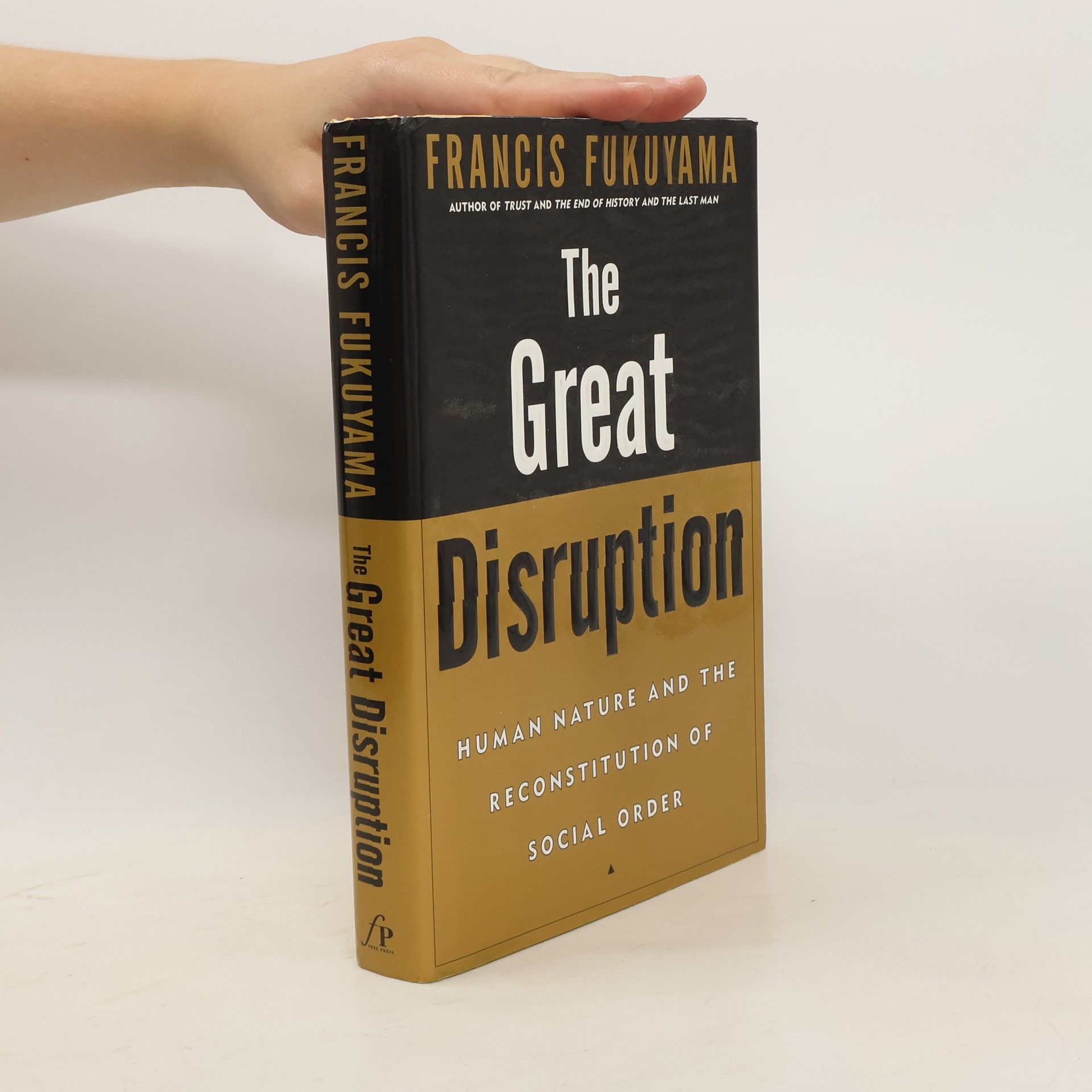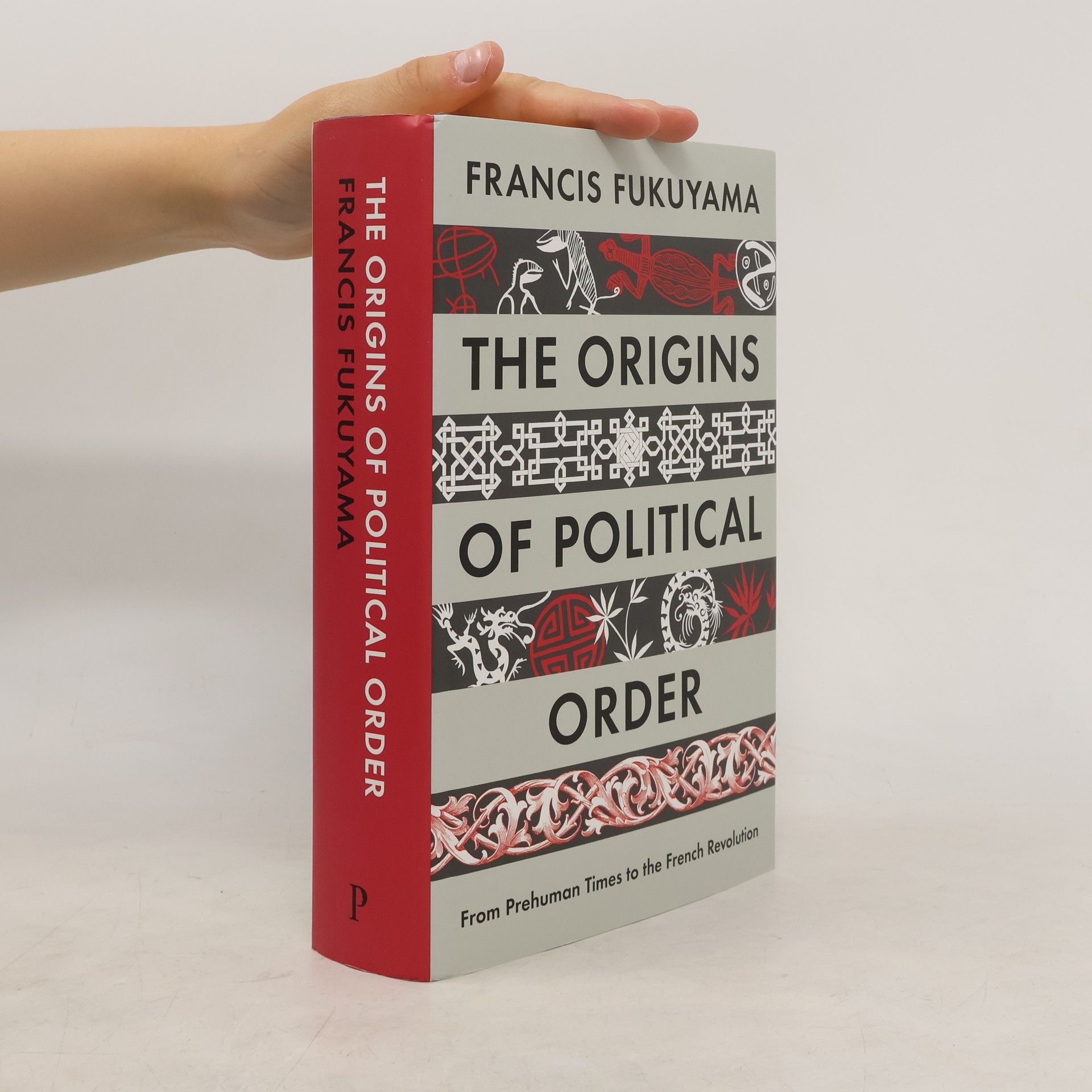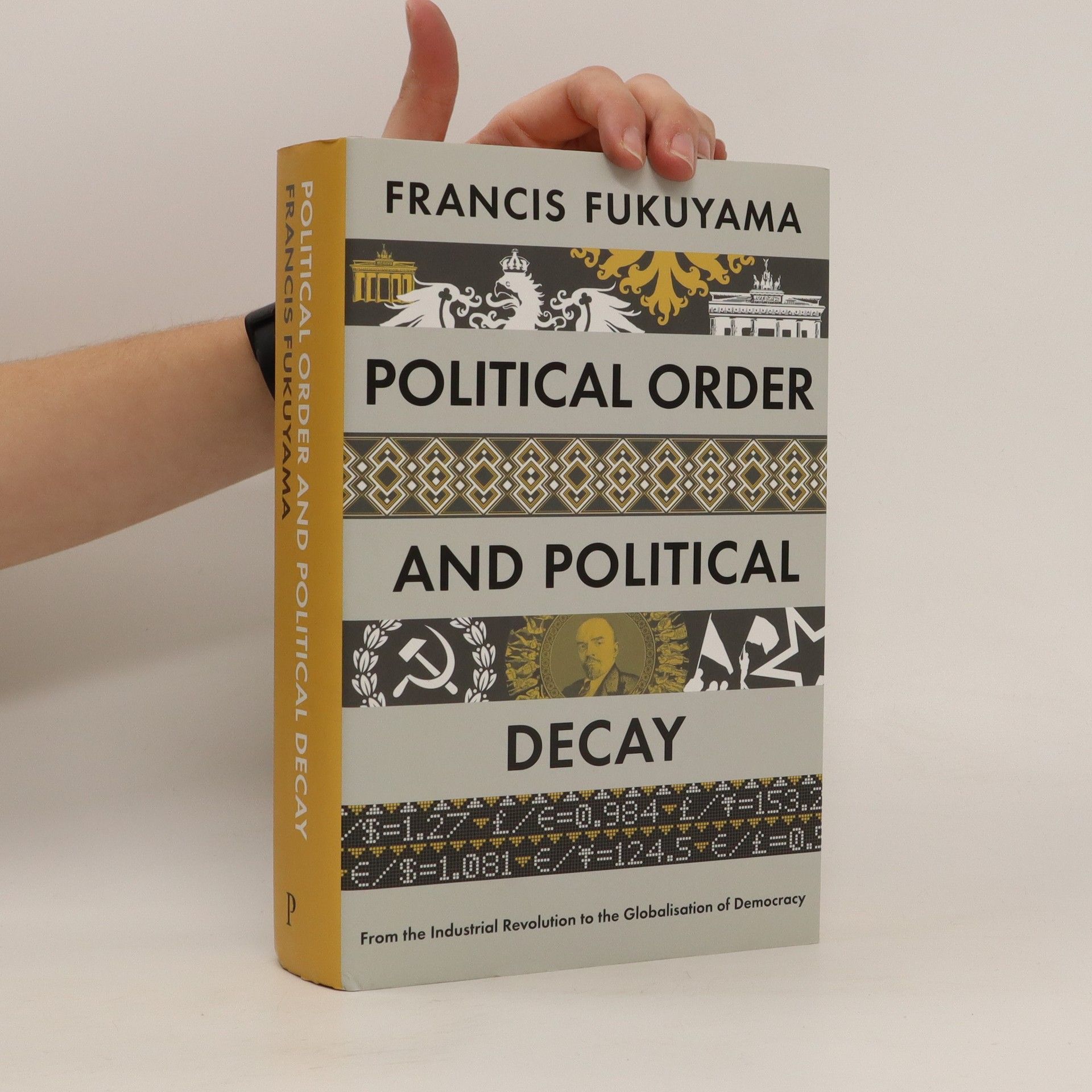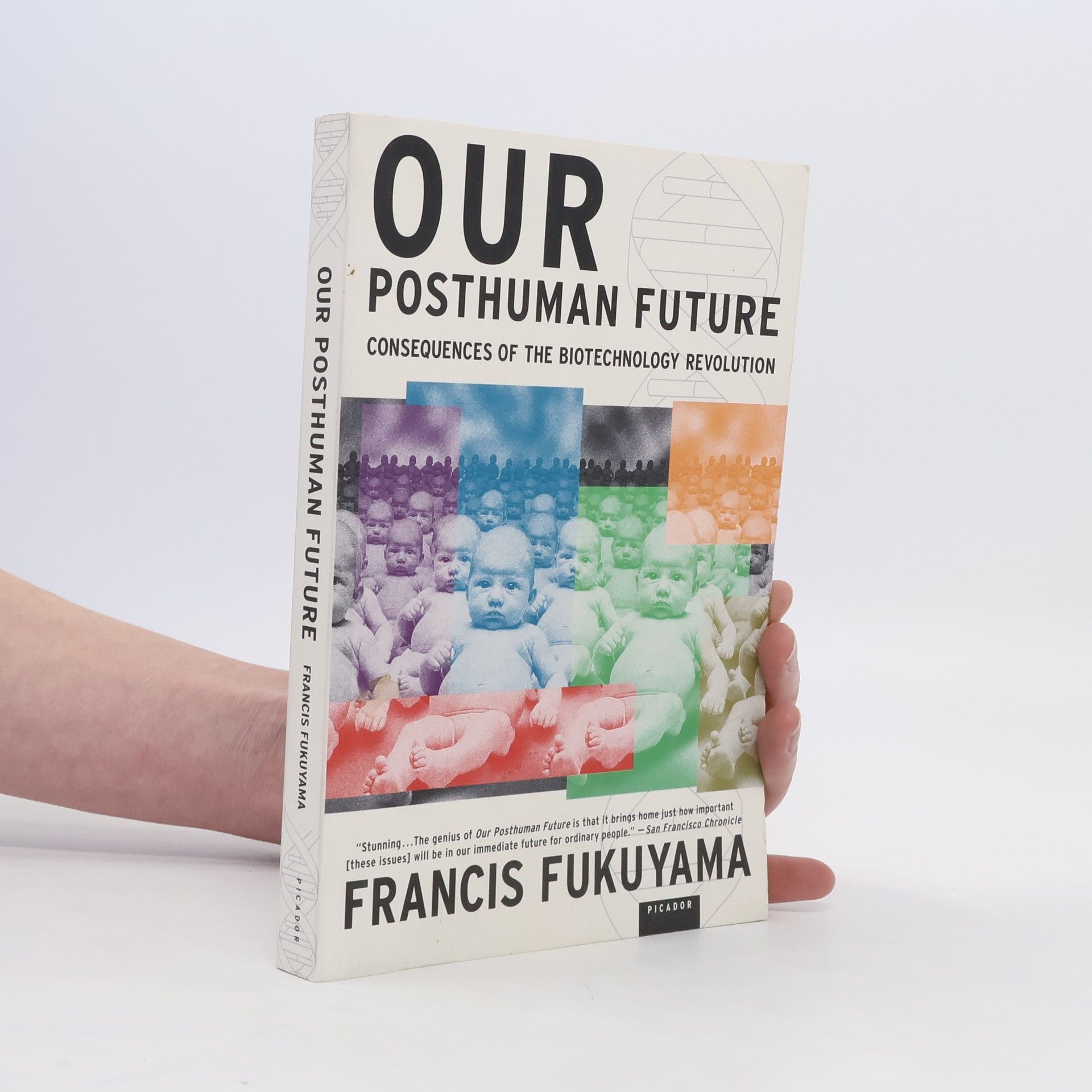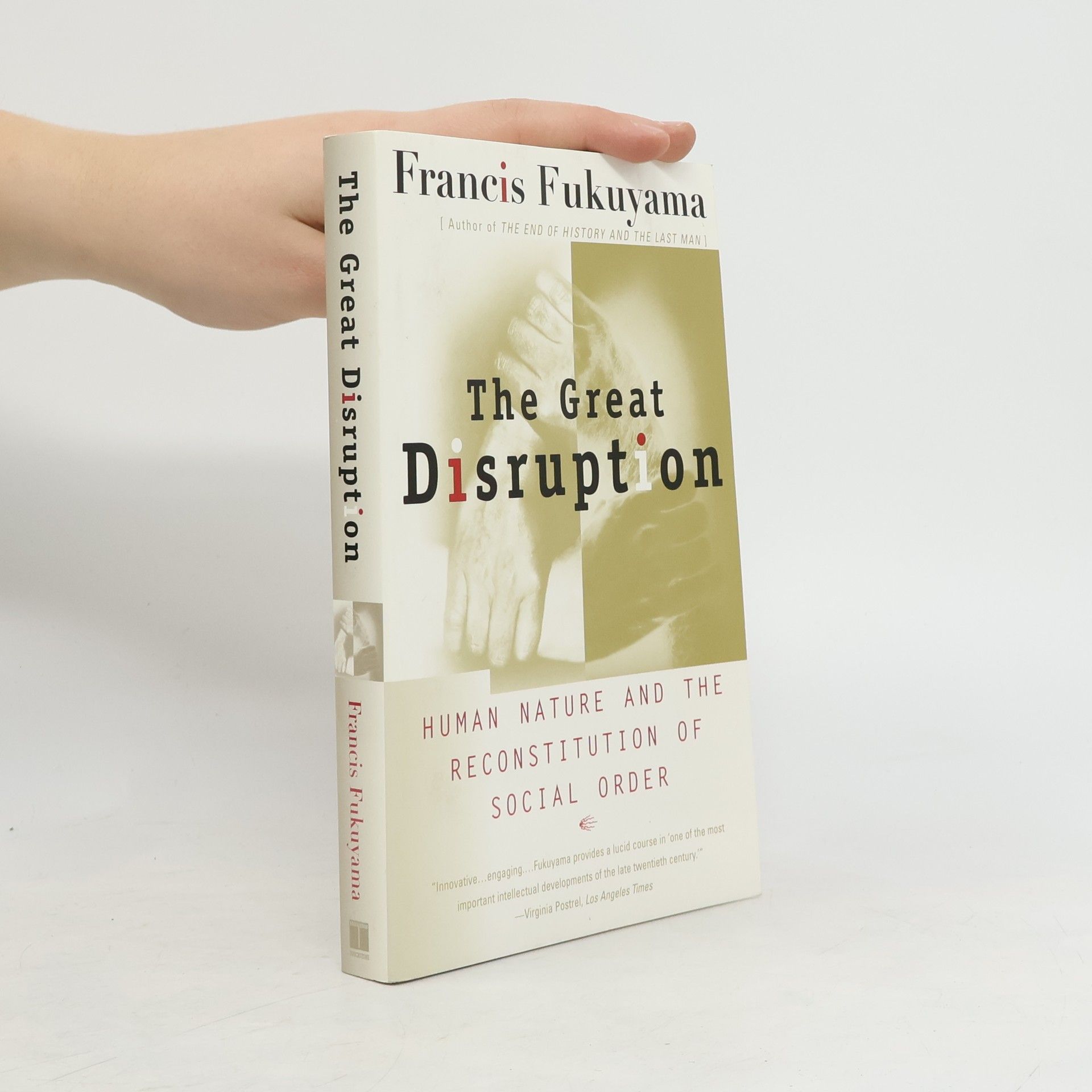Political order and political decay : from the Industrial Revolution to the globalization of democracy
- 658 páginas
- 24 horas de lectura
In The Origins of Political Order, Francis Fukuyama took us from the dawn of mankind to the French and American Revolutions. Here, he picks up the thread again in the second instalment of his definitive account of mankind's emergence as a political animal.This is the story of how state, law and democracy developed after these cataclysmic events, how the modern landscape - with its uneasy tension between dictatorships and liberal democracies - evolved and how in the United States and in other developed democracies, unmistakable signs of decay have emerged. If we want to understand the political systems that dominate and order our lives, we must first address their origins - in our own recent past as well as in the earliest systems of human government. Fukuyama argues that the key to successful government can be reduced to three key elements: a strong state, the rule of law, and institutions of democratic accountability.This magisterial account is required reading for anyone wishing to know more about mankind's greatest achievements.

